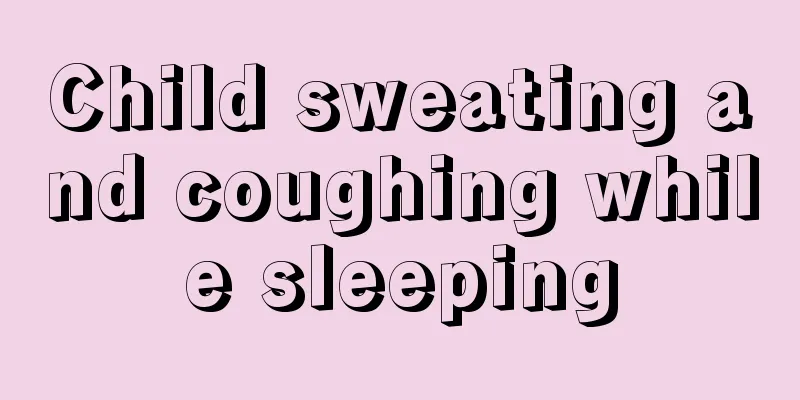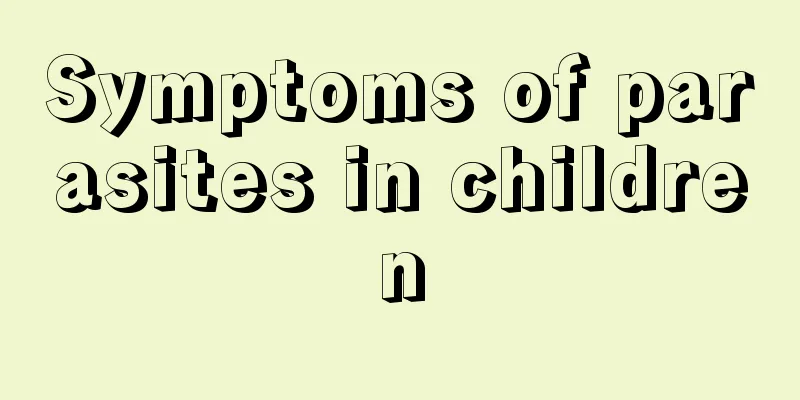Baby pneumonia has repeated fever, these solutions should be understood

|
Some children will have fever symptoms after suffering from pneumonia. At this time, parents need to know some solutions, such as letting the children get enough rest, giving them nutritional supplements, cultivating the habit of exercising, and firmly cooperating with the doctor's treatment, etc. First, take a rest. After a baby gets pneumonia, he must stay in bed to rest, and the room must be kept quiet and well ventilated. In winter, because the air is relatively dry and indoor heating may aggravate the baby's condition, it is best to install a humidifier indoors to increase the indoor air humidity and facilitate the discharge of phlegm. Second, strengthen nutrition. The baby's diet during the illness must be reasonably matched. Attention must be paid to supplementing protein and eating more vegetables and fruits. During the fever period, light, easily digestible, liquid and semi-liquid food should be the main food; let the baby drink more water and juice to replenish water and vitamins. Note that when feeding your baby food or medicine, you should hold the baby up to avoid pouring it directly into the baby's mouth. When feeding, you must be careful to prevent choking and accidental inhalation of milk into the lungs. It is best to feed slowly with a small spoon. Do not feed too much at one time, and feed several times to prevent vomiting. Third, keep the airway open. Clear the secretions in the nasal cavity in time to keep the respiratory tract open. Pay attention to changing the baby's position frequently. When the baby coughs, be sure to pat the baby's back to loosen the phlegm and facilitate coughing up the phlegm. If the sputum is particularly thick, nebulizer inhalation treatment should be given, mainly to make the sputum thinner. If the baby is too young to cough up the phlegm, a special suction tube for babies should be used to suck out the phlegm. Fourth, persist in treatment. Baby should take medicine or receive intravenous infusion on time as prescribed by the doctor. Parents should not reduce or increase the dosage at will, and should not give baby adult cough suppressants and expectorants to avoid recurrence of the disease or various adverse reactions caused by improper use of drugs. When the baby has phlegm, it is best not to give the baby cough medicine, and the focus should be on expectoration. Fifth, care for fever. If the baby's fever exceeds 39℃, you can use physical cooling methods to reduce the temperature first, or give antipyretics at the same time. When the baby has a fever, wear loose clothes for the baby, do not cover the baby with too thick a quilt, and reduce the clothes appropriately to facilitate heat dissipation. Wipe the baby's clothes regularly and keep them dry. After taking antipyretics, be sure to give the baby plenty of water to facilitate sweating, reduce fever and replenish lost water in the body. Sixth, closely observe changes in your baby’s condition. Mothers must closely observe changes in the baby's spirit, breathing, body temperature, etc. If the baby suddenly develops severe symptoms such as severe coughing, difficulty breathing, purple lips, etc. during treatment, mothers must send the baby to the hospital for treatment in time. Seventh, take precautions. 1. During the epidemic of respiratory tract infections, avoid taking your baby to public places. 2. If you have a cold, you must treat it thoroughly until you recover. 3. Don’t go to the hospital too often to avoid cross infection. 4. Get preventive vaccines in advance. |
<<: What are the treatment options for childhood asthma?
>>: What causes testicular pain in children?
Recommend
The harm of reduced normal hemoglobin value in infants
The growth and development of the baby's body...
How can infants and young children eat walnut oil more healthily
Infants and young children need to add a small am...
The disadvantages of children learning badminton
Badminton is a popular sport in recent years, esp...
What should I do if my baby still spits up milk after three months?
We all know that spitting up is a common phenomen...
Why does the baby hum when feeding?
Breast milk is the first choice for female friend...
You can't see your baby's eyelashes. Five things you can't believe about newborn care
In addition to reading books and searching online...
What to do if your baby is zinc deficient
Nowadays, many babies are generally zinc deficien...
Causes of asthmatic bronchitis in young children
Asthmatic bronchitis is a disease with complex tr...
Child with runny nose and tears
It is very common for children to have runny nose...
What to do if your child has fungal infection
Fungal infection is a relatively common disease, ...
Treatment and prevention of eye mucus in baby's eyes
Eye mucus is one of the normal physiological phen...
Why are babies' legs of different lengths?
Children are our future and the future of this co...
What to do if your newborn has hypospadias
Newborn, what a beautiful word. The arrival of th...
What are the symptoms of baby's gas?
We all know that since babies cannot brush their ...
Yellow spots on children's teeth
Many children are not serious about cleaning thei...









